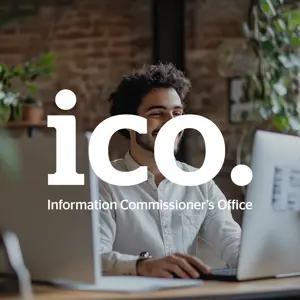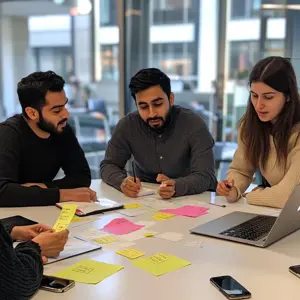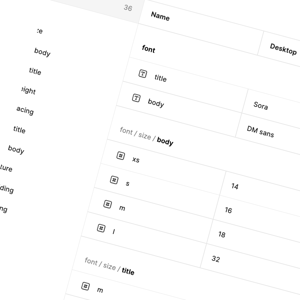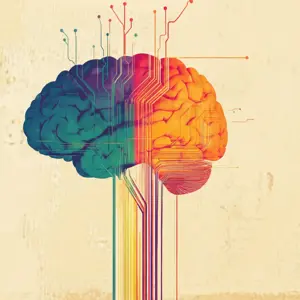
A roadmap for the future
Digital transformation has unrivalled potential to improve the lives of citizens throughout the UK and modernise the way government works. People across the country rightly expect public services to be high quality, easy to access and available whenever they need them. They also have a right to expect that every penny they pay in tax is used as productively and efficiently as possible.
Parliamentary Secretary for the Cabinet Office, Alex Burghart MP
In 2021, two key reports were published by the National Audit Office and Cabinet Office respectively that, amongst other findings, cited that previous attempts at digital transformation in government had yielded mixed success. Attributed to previous strategies lacking specificity, cross-government endorsement, clear lines of accountability and business ownership, it was suggested that a centralised, cross-government vision was required to learn from the past and ensure that the next attempt at digital transformation did not fail.
In 2022, the government launched Transforming for a Digital Future, the 2022 to 2025 Roadmap for Digital and Data. This new roadmap was published with an ambition to transform public services, deliver world-class technology and attract and retain the best digital talent. It charted a clear set of priorities, focusing on the biggest digital opportunities, and was written by leaders across government, who came together to identify HMG’s collaborative next steps in digital, addressing the recommendations identified in the two 2021 reports.
Since the introduction of the roadmap, rapid technological advances have been made in artificial intelligence (AI) particularly, which represent additional opportunities for transformation and have necessitated that the roadmap be regularly reviewed to remain relevant.
So where’s the focus?
What is clear is that technology is key in the ability to improve public services. Investment in digital infrastructure and upgrades are a primary focus alongside initiatives such as the expansion of high-speed internet, an increase in digitising paper-based systems and improvements in cyber security.
The success of initiatives like these however is reliant upon a number of factors, including;
-
- improving the digital skills of those responsible for delivering initiatives, continually investing in training programmes for employees;
- taking a user centric approach that aims to improve user satisfaction and engagement with public services;
- closer collaboration with the private sector, leveraging their knowledge and expertise to improve services.
Has the change in administration brought about a change in focus?
In a word, no. The cross-government nature of the roadmap means that continuity has been largely maintained thus far. There is however a greater focus in the current administration on building a “modern, digital government”. The delivery of this pledge is being led by Department of Science, Innovation and Technology (DSIT) through expansion with the Government Digital Service (GDS), the Central Digital and Data Office (CDDO) and the Incubator for AI (IAI). Together they are tasked with uniting the approach to digital transformation with the overall aim being to provide more convenient, personalised digital experiences that are based on shared data improvements.
What are the expected areas of demand in digital transformation?
The introduction of Great British Energy, which is planned to create 650k jobs by 2030, and the planned renationalisation of the rail network are both reforms that are expected to require large new digital teams to be stood up to support the various programmes.
There is likely to be increased demand in UX/UI and associated user research with knowledge of best practice being key to the success of the services that are developed and, ultimately, how users engage with them.
Knowledge and skills in cloud computing – particularly in platforms such as AWS and Azure – are key, with a focus on approaches to optimising services – be they legacy or those for the future.
Data-driven decision making remains a fundamental focus. Whilst this has been the case for some time, public availability of tools such as ChatGPT and Microsoft Copilot have increased awareness and, as such, skills in data science and algorithm development will help government departments better understand how to use data to improve public services.
The Shout focus
At Shout, we understand the challenges that come with digital initiatives within government. It requires not just technical expertise, but an understanding of the uniqueness of the space in which government departments operate and their policies.
Much of their work is mission-driven, with the aim of making processes more efficient, accessible and transparent. It is heavily regulated due to the handling of large volumes of sensitive data. Legacy systems can often make integration with new digital solutions challenging and there are often multiple-stakeholders involved, which can slow down decision making processes.
Ultimately however, what these challenges present are opportunities to evolve. To solve complex problems using modern, innovative approaches that create impactful solutions – an area within which we’ve enjoyed great success in our partnership with government departments over the last six years.
The Information Commissioner's Office
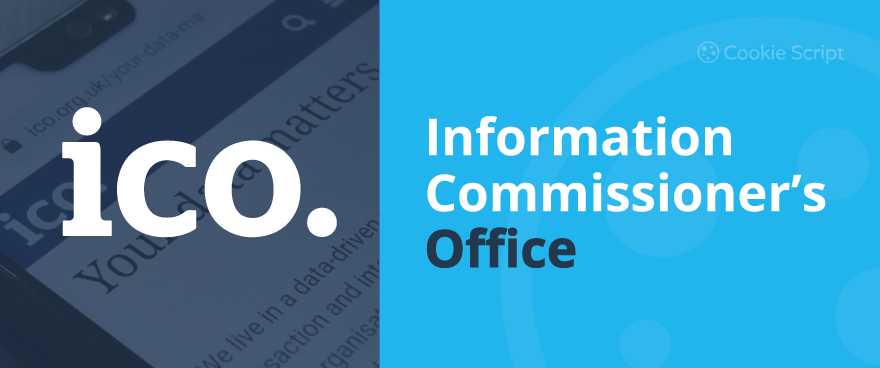
The ICO were created to uphold information rights in the public interest. They are in place to promote openness by public bodies and, importantly, data privacy for individuals. The sensitivities associated with their work and subsequent responsibilities is such that they are a naturally risk averse organisation.
Our partnership with the ICO is a prolific one; a six year relationship that has taken a truly unified approach in co-creating solutions that have transformed how they engage with their audiences. They recognise the importance of striving to continually be more effective as a regulator and we’re proud to have supported them with their various missions which include:
-
- A focus on children’s privacy to ensure that children benefit from an age- appropriate online experience
- Becoming an exemplar of responsible innovation with data, AI and biometrics
- Continuing their work with government, industry and other regulators to better control online tracking
Our experience in working with the ICO is such that we are comfortable asking the sometimes difficult questions, that help uncover problem statements and their solutions. Questions that look at the complexity of current customer journeys and patterns within them. Doing so allows us to uncover the opportunities that ultimately link back to their missions.
We do this as part of our ideas incubation process – a structured approach to developing potential solutions or opportunities into viable products, services or initiatives.
We find that this process helps in refining, testing and validating concepts to ensure that they have the potential for success before significant resources are committed.
Broadly speaking, this involves:
-
- Feasibility & approach – identifying and elaborating opportunities in collaborative sessions, assessing the feasibility of the ideas and alignment with strategic goals and identifying potential approaches.
- Concept development – creating initial prototypes to visualise ideas, gathering feedback from potential customers/stakeholders in testing through surveys, focus groups or interviews.
- Pilot testing – completing small-scale implementation to gather real-world data, using the data to iteratively refine and improve.
- Monitoring and evaluation – regularly review performance data against agreed KPI’s, conducting post-implementation review to evaluate overall success.
Summary
The centralised, cross-government approach to digital transformation, leading to the publication of Transforming for a Digital Future, the 2022 to 2025 Roadmap for Digital and Data, has resulted in an executable long-term digital vision that can transcend party politics.
By applying the same customer experience thinking that private, commercial businesses harness, public services can truly be transformed and huge efficiencies made.
Our work with the ICO is an excellent example of public and private sector technological collaboration to improve services and engage with stakeholders. It’s something we’re incredibly proud of and welcome the potential of broadening our reach by working with other government agencies.
Like to know more?
If you’d like to understand more about our track record in supporting the public sector then we’d love to hear from you!


